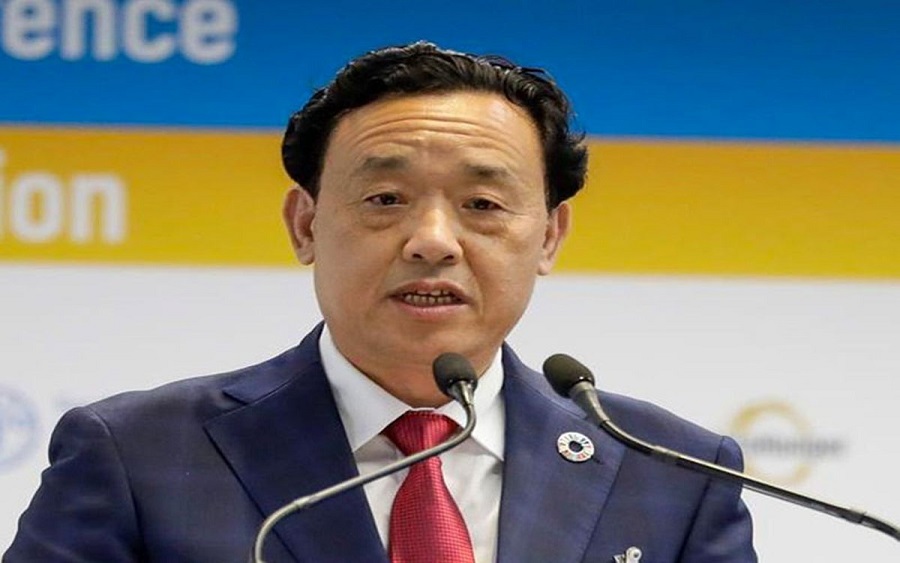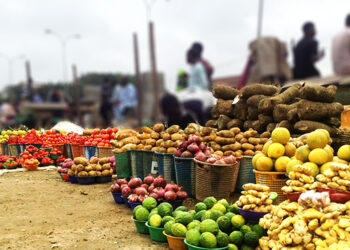About seven million Nigerians will experience food shortage between June and August, this year (2020), as 16 northern states and the Federal Capital Territory (FCT) have been identified to face food and nutrition crisis. This was disclosed by the Food and Agriculture Organisation (FAO).
FAO has reported that states like Borno, Adamawa, Yobe, Benue, Gombe, Taraba, Katsina, Jigawa, Kano, Bauchi, Plateau, Kaduna, Kebbi, Sokoto, Zamfara, and Niger would be affected.

The organisation stated that it expected about four million people across the affected states to face stiffer experiences by May.
While citing the need for adequate budgetary allocation for implementing FAO’s Cadre Harmonisè (CH) analysis and other supporting activities at national and state levels, the organisation urged policymakers to implement policies that would positively impact on the livelihood and income-generating activities of the populace.
[READ MORE: FG to reduce N1.5 trillion from 2020 budget due to coronavirus)
The recommendation read: “Introduce policies and programs that are crucial for improving the livelihood of the poor to improve self-reliance and reduce total reliance on food assistance as well as prevent further deterioration of the food and nutrition security situation during the clean season (June-August 2020).
“Adoption of the CH analysis result for planning and formulation of appropriate policies to address food and nutrition challenges among insecure populations and zones in concerned CH states.”
What you should know: Food insecurity is on the rise in Nigeria, particularly in recent times. This, however, presents both a challenge and an opportunity for smallholder farmers, and those seeking to invest in them, with the UN’s FAO predicting that the agricultural market in Sub-Saharan Africa will grow from $200 billion in 2015 to $1 trillion by 2030.
Nigeria’s population of around 200 million translates to high demand for farm produce, and entrepreneurs, corporations, and the President Muhammadu Buhari-led administration is working together to achieve the Sustainable Development Goal to “end hunger, achieve food security and improved nutrition and promote sustainable agriculture”.


















